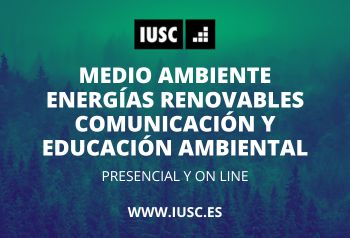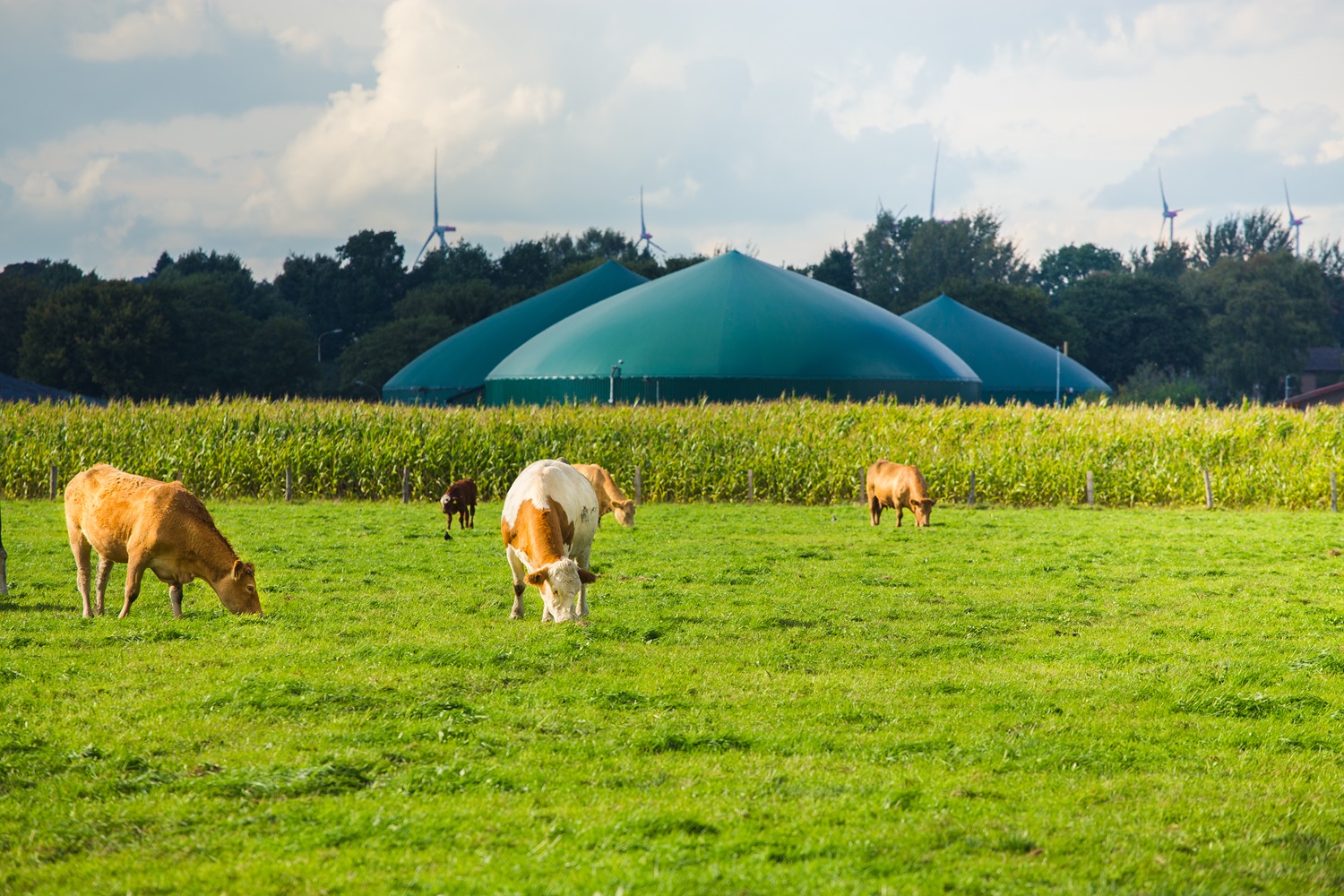To decarbonize its activities and also those of its industrial customers, the company Cepsa will start as a biomethane traderfor which it is certified by the international ISCC program, allowing them to significantly save CO2 emissions.
Cepsa is certified as a biomethane trader at ISCCthe international certification program for production of biomass and bioenergy. The company has already started its trading activities in this market and completed the first purchase of biomethane in Spain. Specifically, the company has obtained 25 GWh of this renewable gas from the Valdemingómez plant (Madrid) from municipal organic waste.
Biomethane trader
The operation, which closed this summer, envisages several deliveries that will take place until January 2025 and allows Cepsa Química for the first time replacing natural gas with biomethane in its factories in Spainthus achieving more sustainable production. The consumption of this biomethane will prevent emissions of more than 4,400 tons CO2an amount that corresponds to the planting of almost 300,000 trees.

Alice Acuña, Trading Director at Cepsa, highlighted: “With our first transaction of By purchasing biomethane we are making progress in our energy transition and decarbonization strategy, promoting sustainable energy that can be used now and is also beneficial circular economy from the processing of organic waste.”
During its life cycle, the biomethane makes it possible to reduce CO2 emissions by more than 90% as far as natural gas is concerned. This second generation (2G) biofuel is obtained from biogas, which in turn is produced through a natural degradation process (anaerobic digestion) of biodegradable organic agricultural, livestock, household and industrial waste.

Then, after purification through a technological process called upgrading, it becomes biomethane. Given its similarity to natural gas, can be stored or injected directly into the current gas transport networkwithout the need to develop new infrastructure.
Cepsa aims to manage a project portfolio of 4 TWh per year of biomethane in 2030which corresponds to the natural gas consumption of 650,000 households. This ambition will be significant reduction of CO2 emissions in its energy parks and chemical factories, in addition to the possibility of being used for the production of green hydrogen and in the field of sustainable mobility.
The company aims to reduce CO2 emissions by 55% (scope 1 and 2) by 2030 compared to 2019, and be carbon neutral before 2050in addition to reducing the carbon intensity of energy sold by between 15 and 20% by 2030. To achieve these objectives, the company will use different energy vectors, among which biomethane will play a fundamental role.
He biomethane can become a sustainable energy source, which will help companies that use it significantly reduce greenhouse gas emissions. CO2, one of the greenhouse gases that contributes most to global warming.

